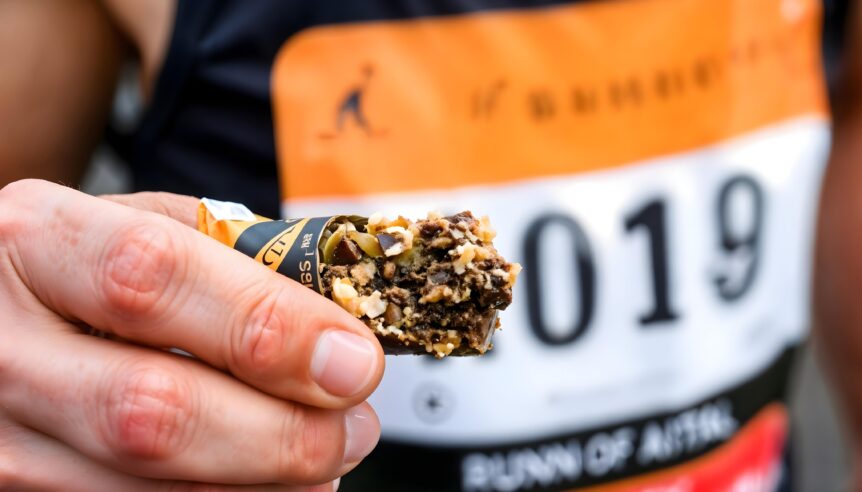Colebatch, E. A., Fuller, J. T., Mantzioris, E. & Hill, A. M.
J. Sci. Med. Sport (2025).
Objectives: To determine whether diet and disordered eating risk contribute to running-related injury risk in adult (≥18 years) distance runners.
Design: Systematic review and meta-analysis.
Methods: Random effects meta-analyses of prospective cohort studies compared dietary intake and disordered eating risk in distance runners with and without running-related injury. Quality of evidence was assessed using an adapted Grading of Recommendations Assessment, Development and Evaluation approach.
Results: Fifteen studies (n = 5942 runners, 2364 female) were included, with nine studies in the meta-analyses. Moderate certainty evidence indicated injured female runners had lower energy and fat intake than uninjured runners (mean difference [95 % confidence interval] = −303 kcal/day [−533, −73] and −20 g/day [−31, −9], respectively, both p < 0.01). A sex difference was observed for total fat intake (p = 0.01). Moderate certainty evidence suggested injured runners (combined sexes) had lower dietary fibre intake compared to uninjured runners (−3 g/day [−5, −0], p = 0.04). Other dietary factors (protein, carbohydrate, calcium, alcohol intake and disordered eating risk) did not influence injury risk (low–moderate certainty evidence).
Conclusions: Moderate certainty evidence indicates female distance runners with lower energy and total fat intakes are at increased risk of running-related injury, as are runners (combined sexes) with lower dietary fibre intake. Future research should include long duration, high quality prospective cohort studies in male and female runners with clearly defined athletic abilities, consistent injury definition, and standardised statistical analyses.

